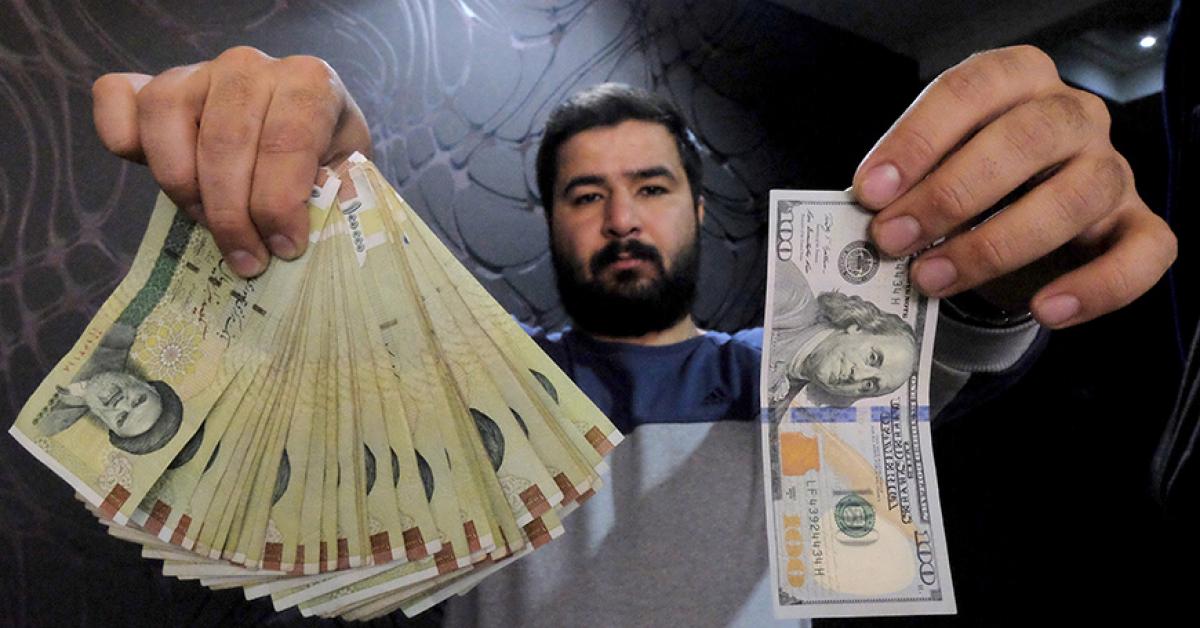Since January 13, the Turkish Air Force has initiated an extensive targeting campaign in northeastern Syria in response to an operation conducted by the Kurdistan Workers’ Party (PKK). The PKK’s assault resulted in the unfortunate loss of nine Turkish soldiers and the seizure of their vehicles, prompting a robust Turkish reaction.
The Turkish Ministry of Defense confirmed this escalation, acknowledging the destruction caused to Syrian infrastructure, particularly in the electricity and oil sectors. According to Athr Press sources, Turkish drones targeted electricity transmission stations in “al-Qahtaniyah, Qamishli, North Qamishli, al-Darbasiya, and Amudah,” as well as the generation facility in al-Suwaidiyah, rendering them inoperative.
Unraveling Turkey’s Evolving Syria Strategy – A Delicate Balancing Act
The power outage subsequently affected water pumping stations in al-Qahtaniyah, Qamishli, Amuda, and al-Derbasiya. Turkish forces also focused on oil facilities, notably the Awda oil station in the Qahtaniyah area of the eastern countryside of Qamishli, and the natural gas generation plant. A statement from the Turkish parliament on Tuesday indicated Ankara’s decision to persist in these targeted actions.
Analyst Igor Sobotin, specializing in Turkish and Iraqi affairs, highlighted in an article published by the Russian newspaper Nezavisimaya Gazeta and translated by Russia Today= that Turkey’s response strategy involves substantial reprisals against the Syrian Democratic Forces (SDF) whenever the PKK attacks its forces in Iraqi Kurdistan.
Sobotin emphasized that this policy serves dual purposes: firstly, creating a division between the PKK and the SDF, exploiting the fact that PKK attacks in Iraq trigger retaliatory actions in Syria. Secondly, Turkey aims to elevate the cost of PKK attacks on its forces, demonstrating its determination to make such actions prohibitively expensive.
Turkey unites t operations between Syria and Iraq
According to Turkish defence statements, the targets in the recent military operations are in response to a PKK operation in the Zab region in the Kurdistan region of northern Iraq. However, the repercussions of the Turkish response have affected both northern Iraq and northeastern Syria. Turkish Foreign Minister Hakan Fidan assured that the operations in northern Iraq are conducted in coordination with the Iraqi authorities. Addressing the Turkish parliament on Tuesday, Fidan stated, “We continue to collaborate with the Iraqi authorities to strengthen their approach against the PKK terrorist organization.”
Contrarily, in Syria, these operations not only breach Syrian airspace but also inflict damage on the already war-torn and depleted Syrian state infrastructure. Dr. Muhammad Noureddine, a writer and history professor at the Lebanese University in Beirut with a focus on Turkish affairs, highlighted in an article in al-Akhbar that “the east of the Euphrates and northern Iraq have become a unified theatre for Turkish military operations, as Turkish aircraft persistently violate Syrian airspace under the pretext of targeting Kurdish sites.”
Beyond violating Syrian airspace and causing infrastructure damage, this Turkish escalation serves as an opportunity for Ankara to reassert its commitment to expanding and fortifying its military presence in Syrian territory. During a government meeting on Tuesday, Turkish President Recep Tayyip Erdogan emphasized, “Our military presence beyond our borders is crucial for the security of our homeland and the well-being of our citizens, and this is irreversible.” He added that Turkey’s operations beyond its borders have thwarted schemes aimed at involving Turkey in internal unrest through irregular migration waves.
Additionally, the Turkish newspaper Hurriyet, aligned with the ruling Justice and Development Party in Turkey, cited sources indicating that “Ankara plans to enhance the capabilities of its military bases in Syria and Iraq.”
This article was translated and edited by The Syrian Observer. The Syrian Observer has not verified the content of this story. Responsibility for the information and views set out in this article lies entirely with the author.


